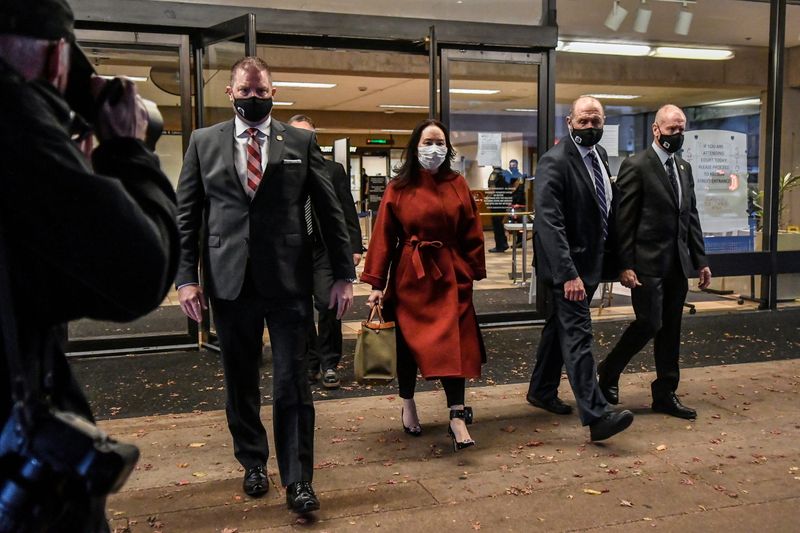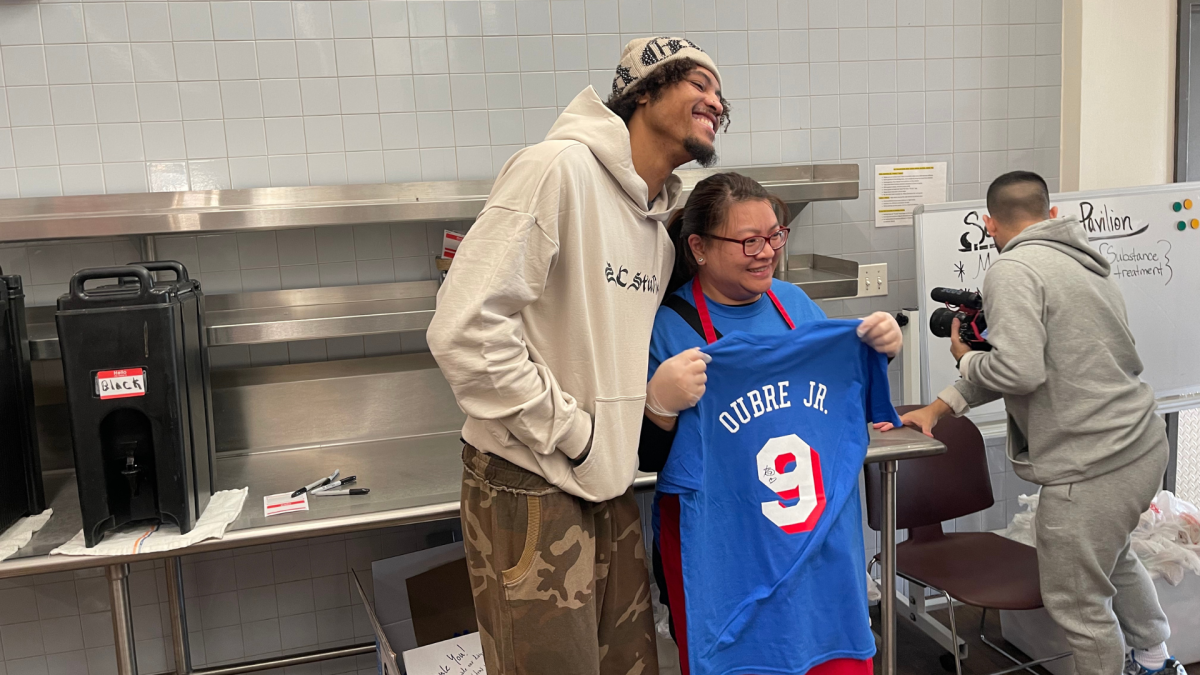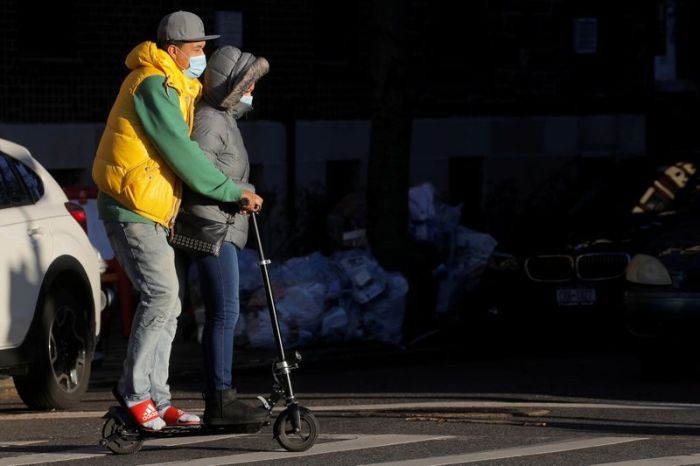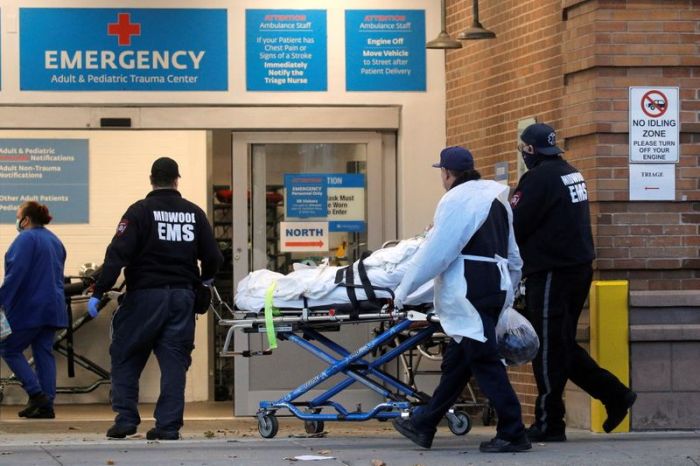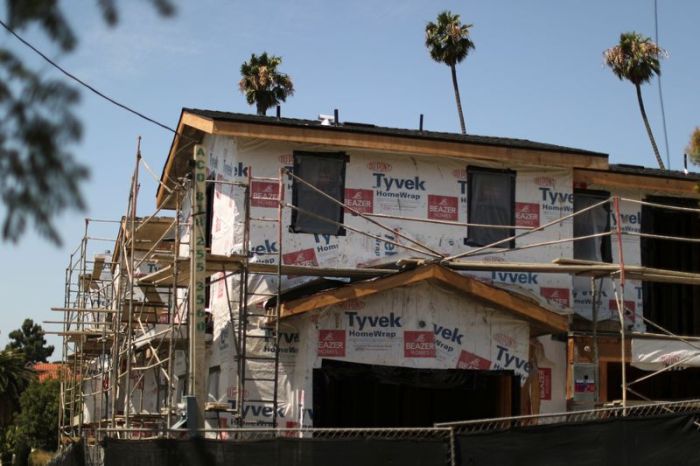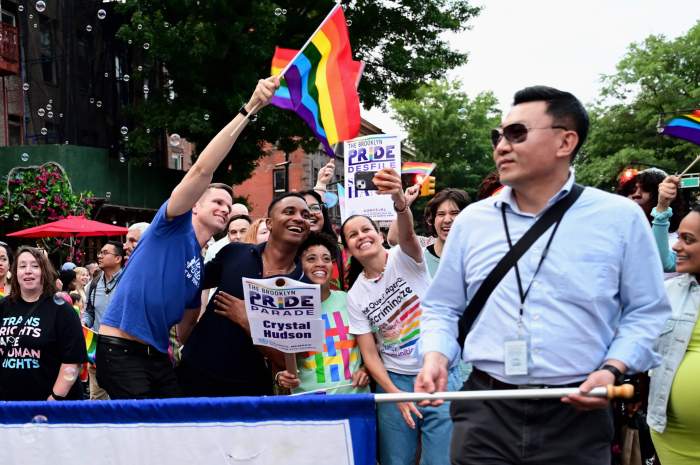VANCOUVER (Reuters) – Lawyers for Huawei Chief Financial Officer Meng Wanzhou questioned a Canadian border official in court on Wednesday about his agency’s communications with U.S. and Canadian authorities ahead of Meng’s arrest two years ago.
Defense attorney Mona Duckett asked Canada Border Services Agency (CBSA) officer Sanjit Dhillon whether he purposely omitted mention of the U.S. arrest warrant when he questioned Meng before she was arrested, “as the RCMP (Royal Canadian Mounted Police) instructed.”
“No, the RCMP didn’t instruct me to do anything that day,” Dhillon said. “I didn’t have a strategy, I was having a conversation with her” during his interrogation of Meng, he added.
Hearings in the British Columbia Supreme Court this week and next week consist of witness testimony from CBSA and RCMP officials, regarding their conduct during Meng’s initial investigation and arrest.
Huawei’s legal team has argued that U.S. and Canadian authorities illegally coordinated ahead of Meng’s arrest at Vancouver International Airport, invalidating her extradition.
Meng, 48, was arrested in December 2018 by RCMP while on a layover bound for Mexico. She is facing charges of bank fraud for allegedly misleading HSBC about Huawei Technologies Co Ltd’s [HWT.UL] business dealings in Iran, causing the bank to break U.S. sanctions.
Meng has said she is innocent and is fighting the extradition from house arrest in Vancouver, where she owns a home in an upscale neighborhood in the Pacific coastal city.
Another CBSA officer involved in Meng’s investigation gave a testimony on Wednesday. Sowmith Katragadda said there was a “general concern” among border officers about keeping their investigation separate from the RCMP’s extradition arrest, and that he focused on maintaining clear distinctions between the two.
“I didn’t want to even seem like we were working together on this, because we really weren’t,” Katragadda told the court.
Meng “was very calm, very friendly” during his questioning of her, he said, adding that “she seemed like a very pleasant person.”
Earlier, Dhillon pushed back on Duckett’s assertion that he made sure identifying details about Meng’s electronic devices were gathered at the request of the U.S. Federal Bureau of Investigation (FBI).
On Tuesday, Dhillon told the court he had received an email from an FBI official with a request for information relating to the CBSA’s investigation of Meng before her arrest, but said he did not act on the request.
Meng’s arrest has soured diplomatic relations between Ottawa and Beijing. Soon after her detention, China arrested Canadian citizens Michael Spavor and Michael Kovrig on espionage charges. The two men are still in detention.
Meng’s case is set to wrap up in April 2021, although the potential for appeals by either side mean the case could drag on for years.
(Reporting by Sarah Berman; Writing by Moira Warburton in Toronto; Editing by Denny Thomas, Chizu Nomiyama and Aurora Ellis)

